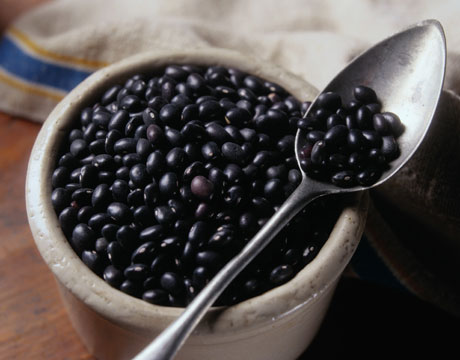need help with hypoglycemia?
 Three years ago I began experiencing episodes of low blood sugar and was diagnosed with severe hypoglycemia.
Three years ago I began experiencing episodes of low blood sugar and was diagnosed with severe hypoglycemia.
Hypoglycemia is often experienced after gastric bypass surgery, a small percentage of rare cases may become severe.
Here are some things that I have found that work for me.
I eat 4 to 5 small meals each day which includes a mid-afternoon meal in order to help keep my blood sugar and insulin levels steady between lunch and dinner. I make sure I eat before going on a walk, a trip to the gym, or even shopping or housework.
I have a very small "snack meal" after dinner before bedtime. My "snack" meals are very small (healthy) meals, very similar to what I eat for lunch, only smaller portions. I keep a fairly close food journal on how much I'm eating throughout the day. I often have to add a snack in the morning on the days I am more active or go to the gym.
I never eat carbs on a empty stomach, as it causes blood sugar levels to raise and lower too fast. I always eat them with a protein. I might add a tiny meal such as a few ounces of chicken and 1/3 cup black beans or chicken and 1/3 cup of sweet potato.
Low glycemic index foods such as black beans are slowly digested, (as is the sweet potato) raising the blood sugar at a slower pace. The beans and chicken work together to slow the digestion down. Eating these combinations of foods together is called the glycemic load.
My hypoglycemia is been very hard to control with diet alone, but these things do help. (At this time I am taking a prescription drug which helps to lessen my episodes, but I am continually trying different food options to see what works and to improve my success.)
Everyone reacts differently, and must find what works best individually. But there are a few tips that might save you from getting into trouble.
- Keep a close watch on your blood sugar level.
- Do NOT skip meals (skipping meals slows your metabolism)
- Eat small amounts of carbs (around 15 grams per meal) Never on an empty stomach. Avoid foods with sugar and high sugar fruits and don't eat low sugar fruit on an empty stomach.
- Always eat protein first.
- Avoid starchy veggies, pasta, bread, cereals, white (enriched), refined flours, and sugars. (this includes milk, which is high in sugar)
- Avoid artificial sweeteners, (which stimulates insulin and enhances insulin-resistance.
- Eat whole food items and avoid processed food items.
- Eat every 3-4 hours.
- Fiber slows down digestion, so add fiber by eating foods with the highest fiber content possible, anything 3 or above is good.
- Exercise in small intervals, pacing what works for you.
It may require trial and error to find what works.

Reader Comments